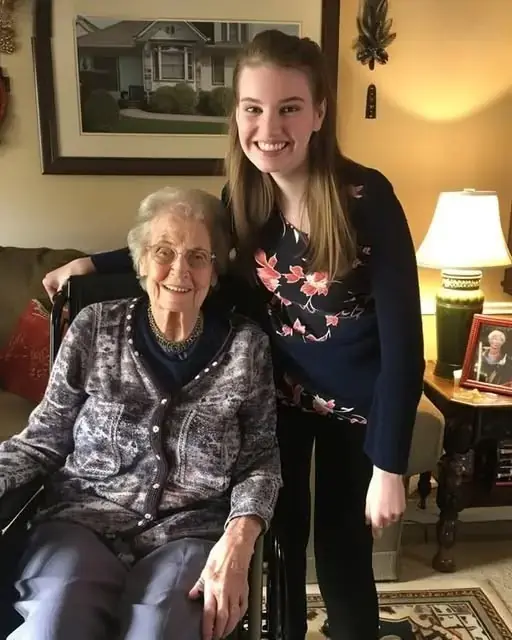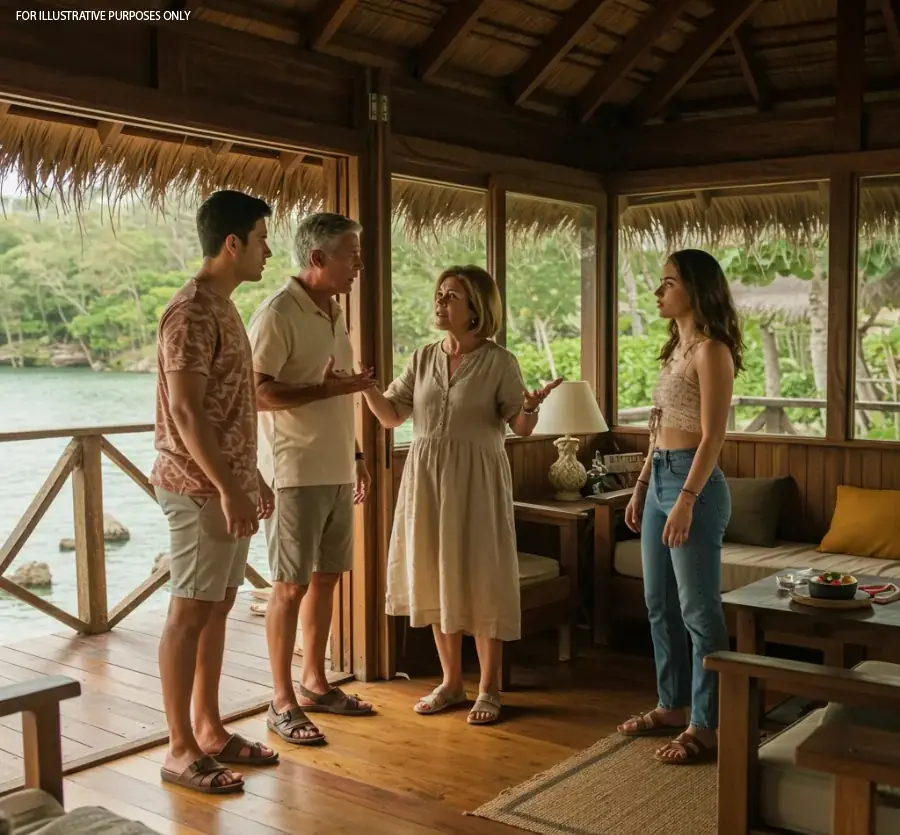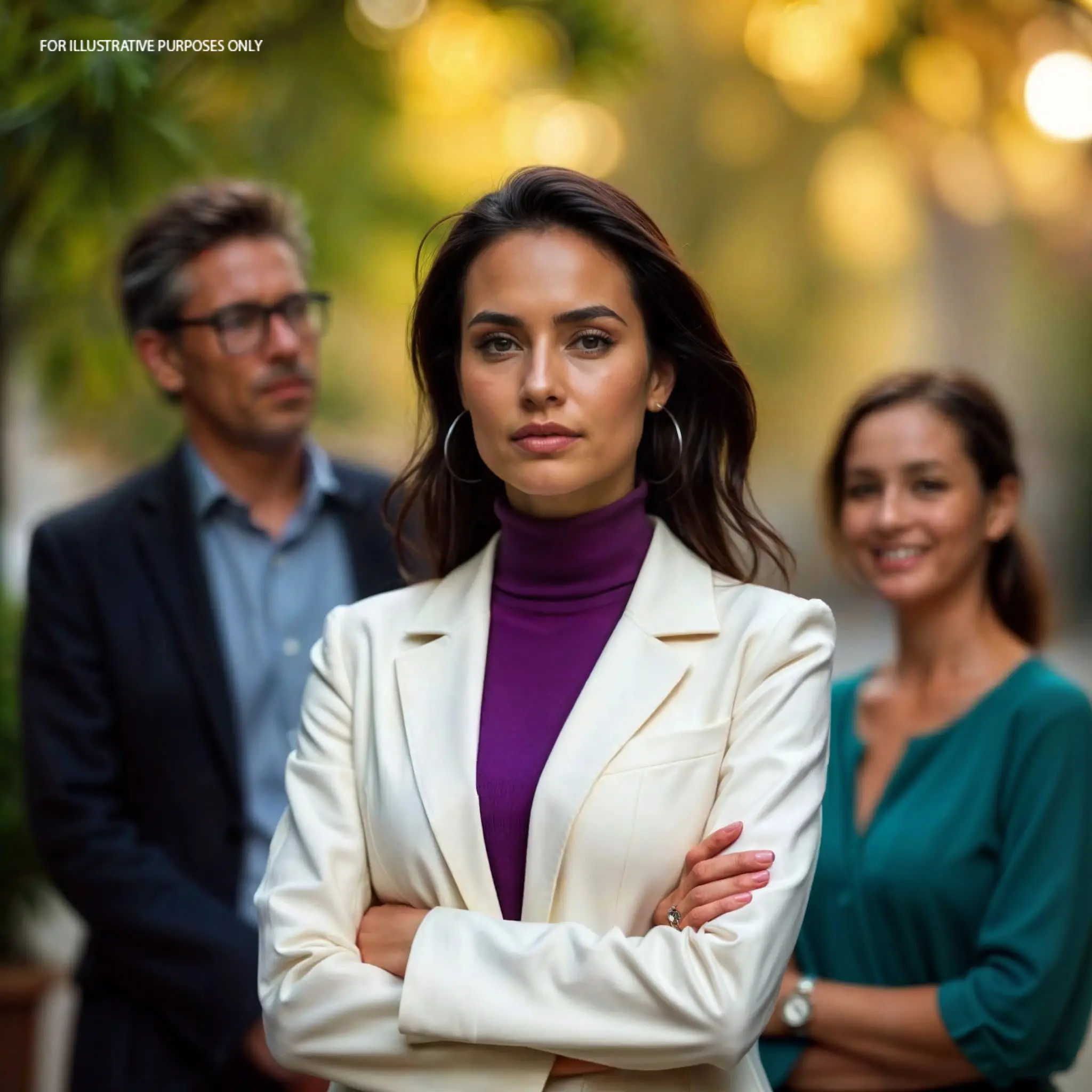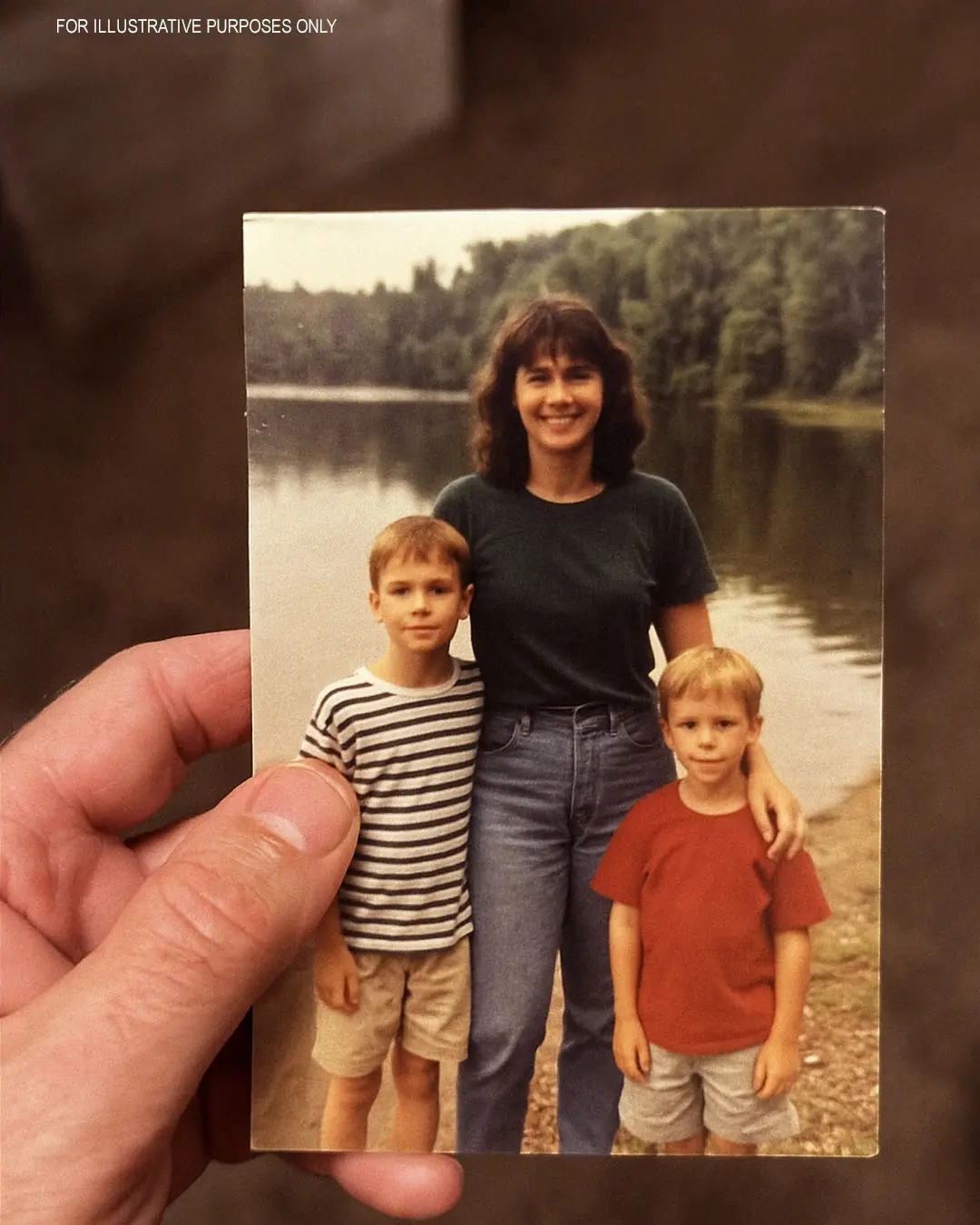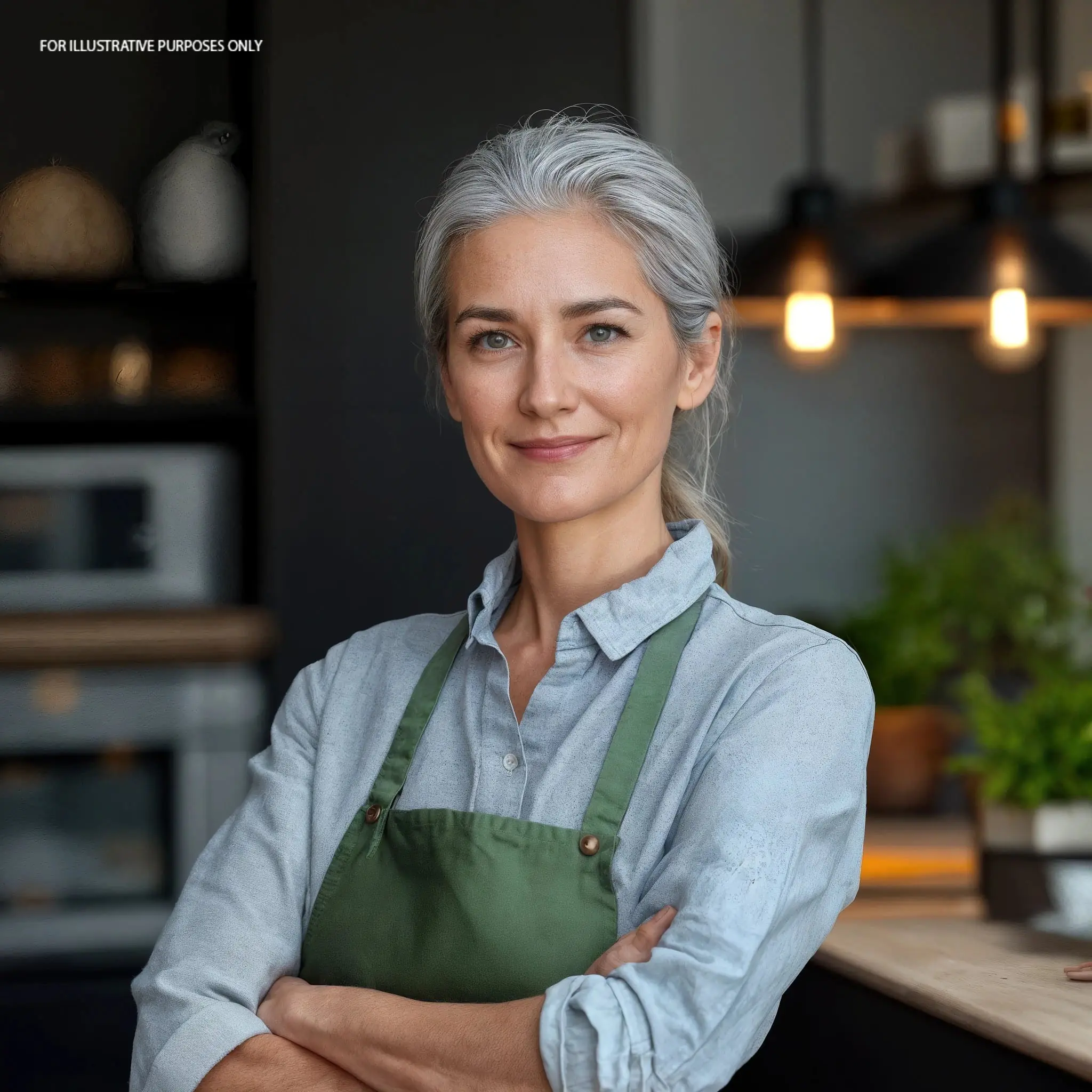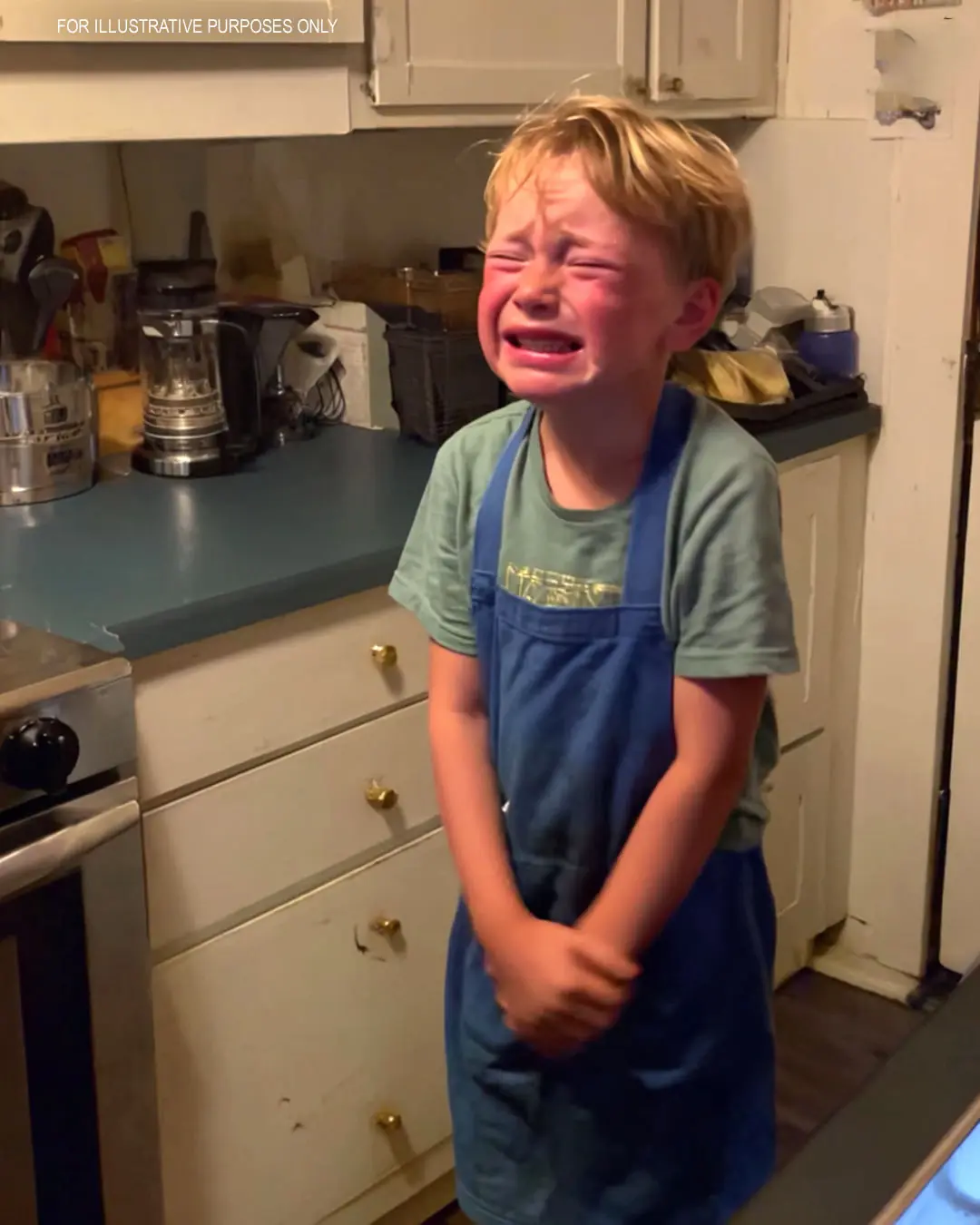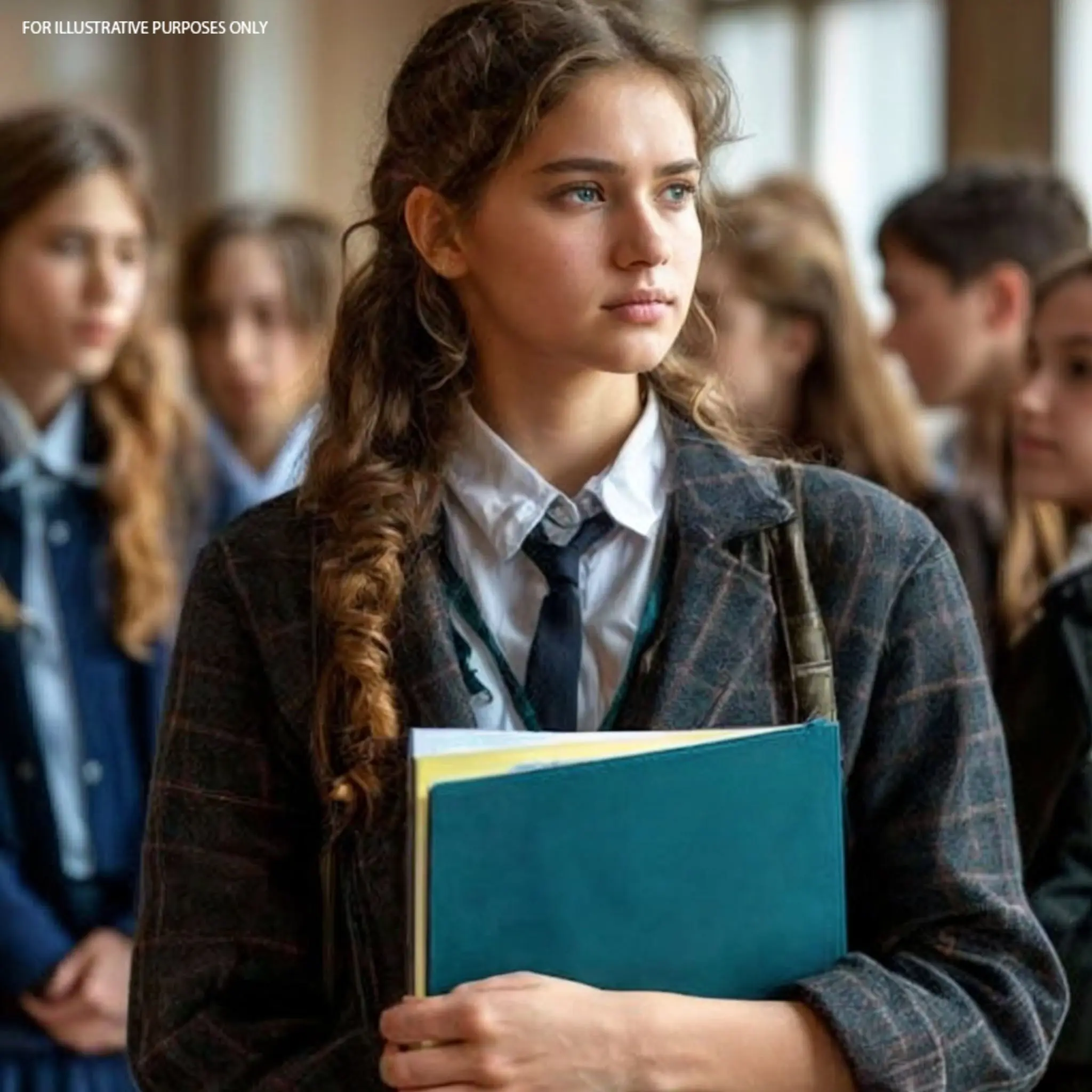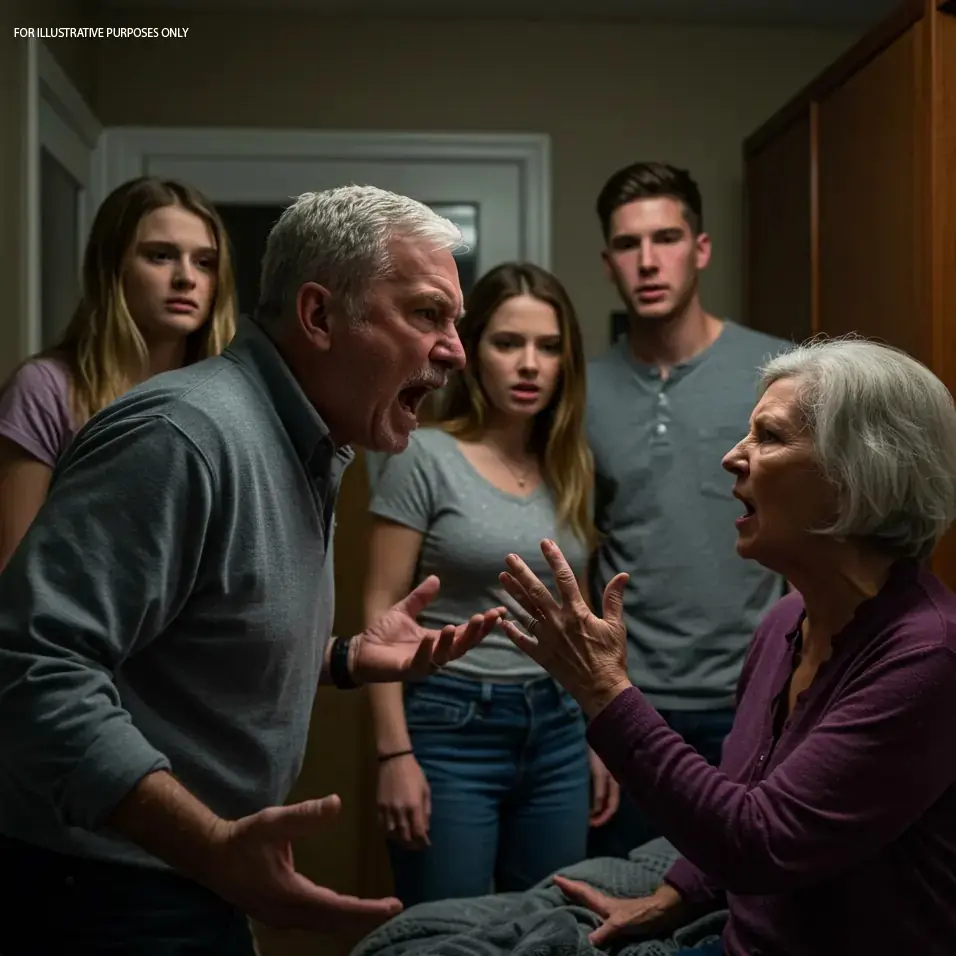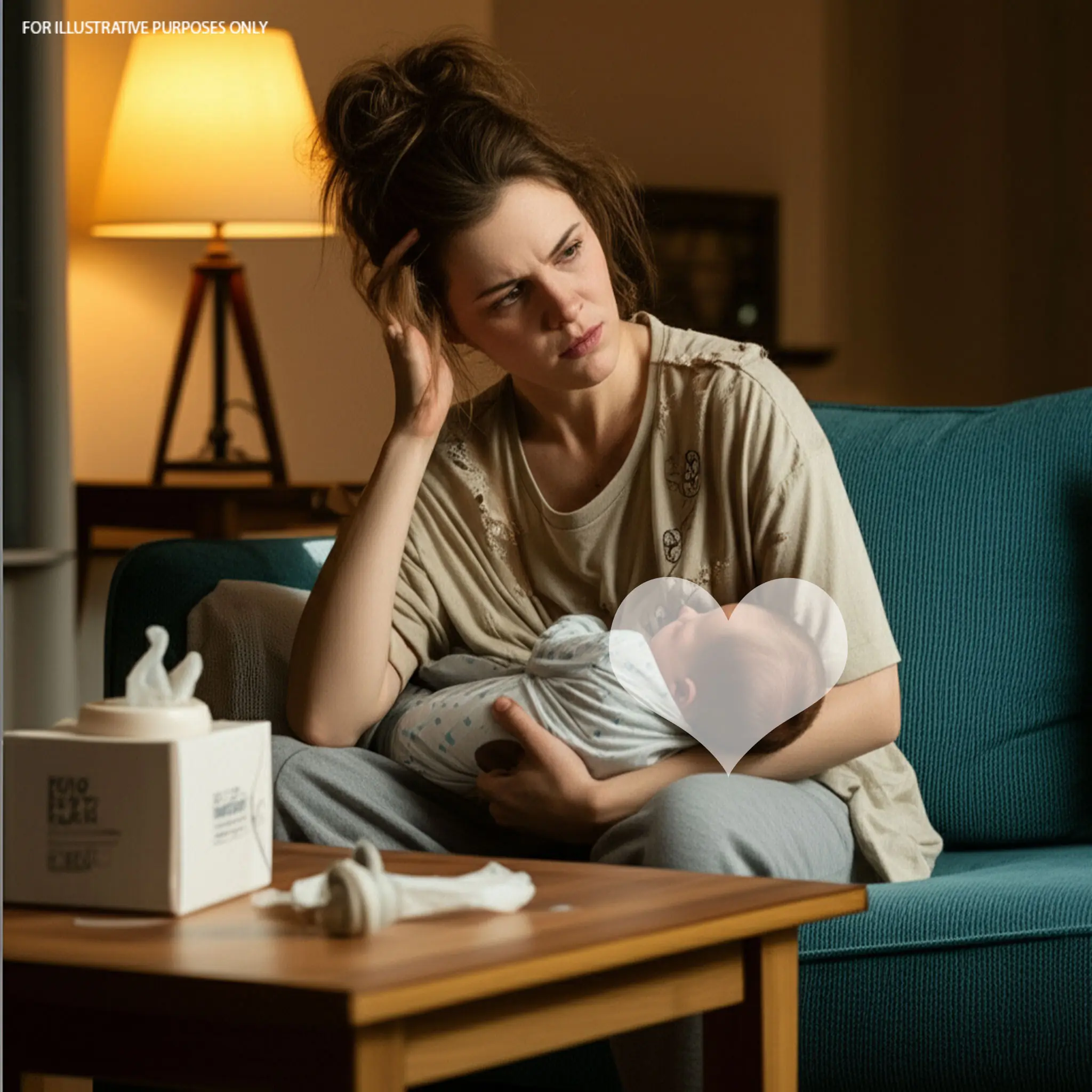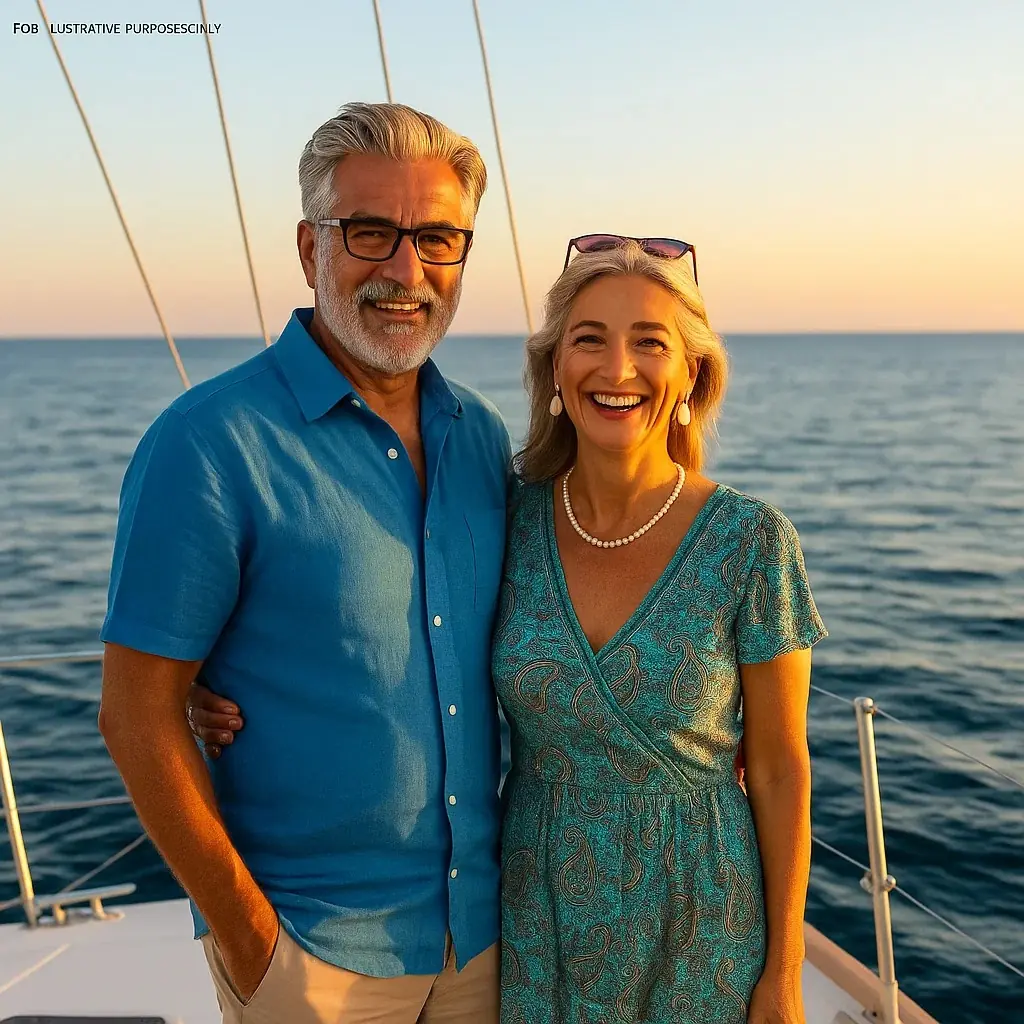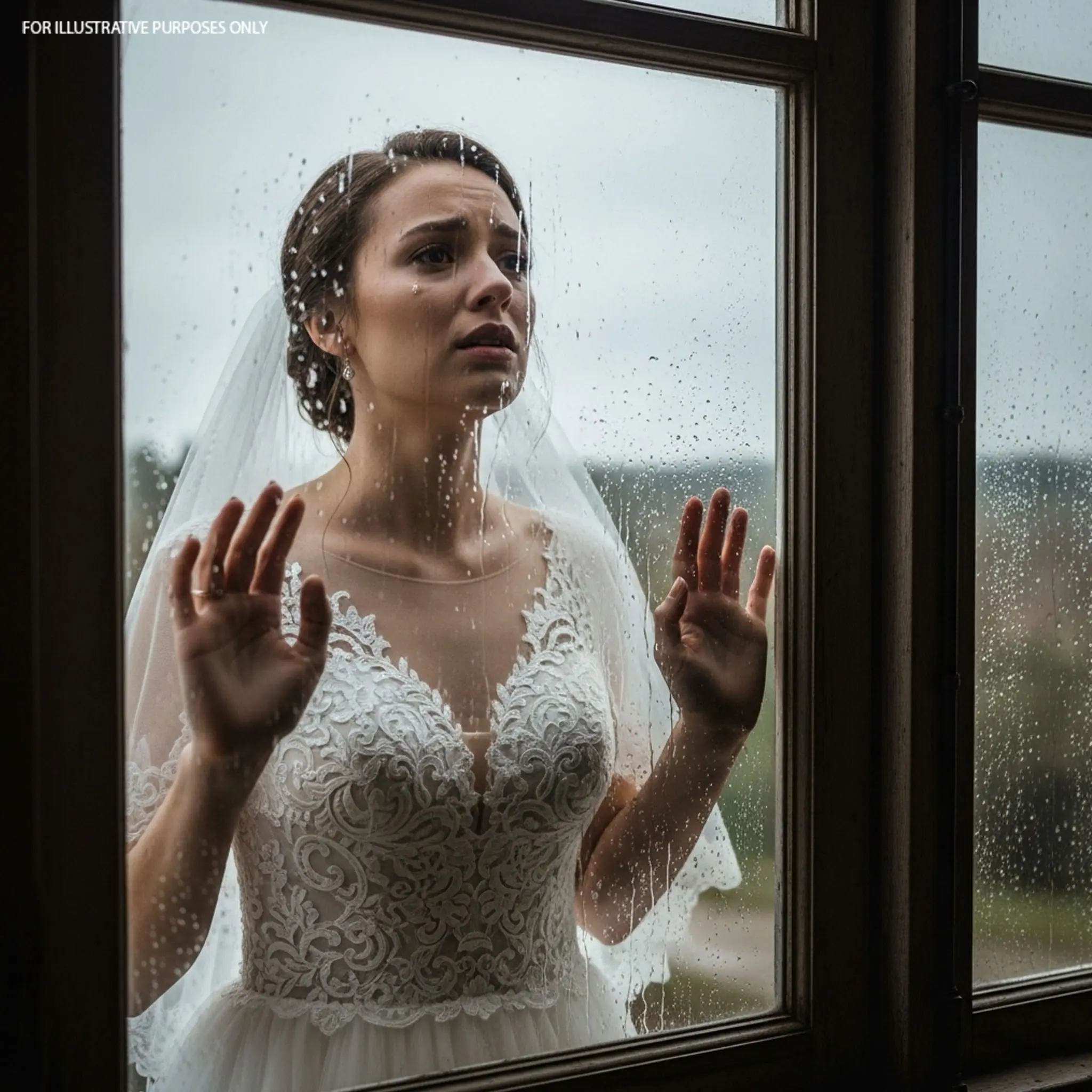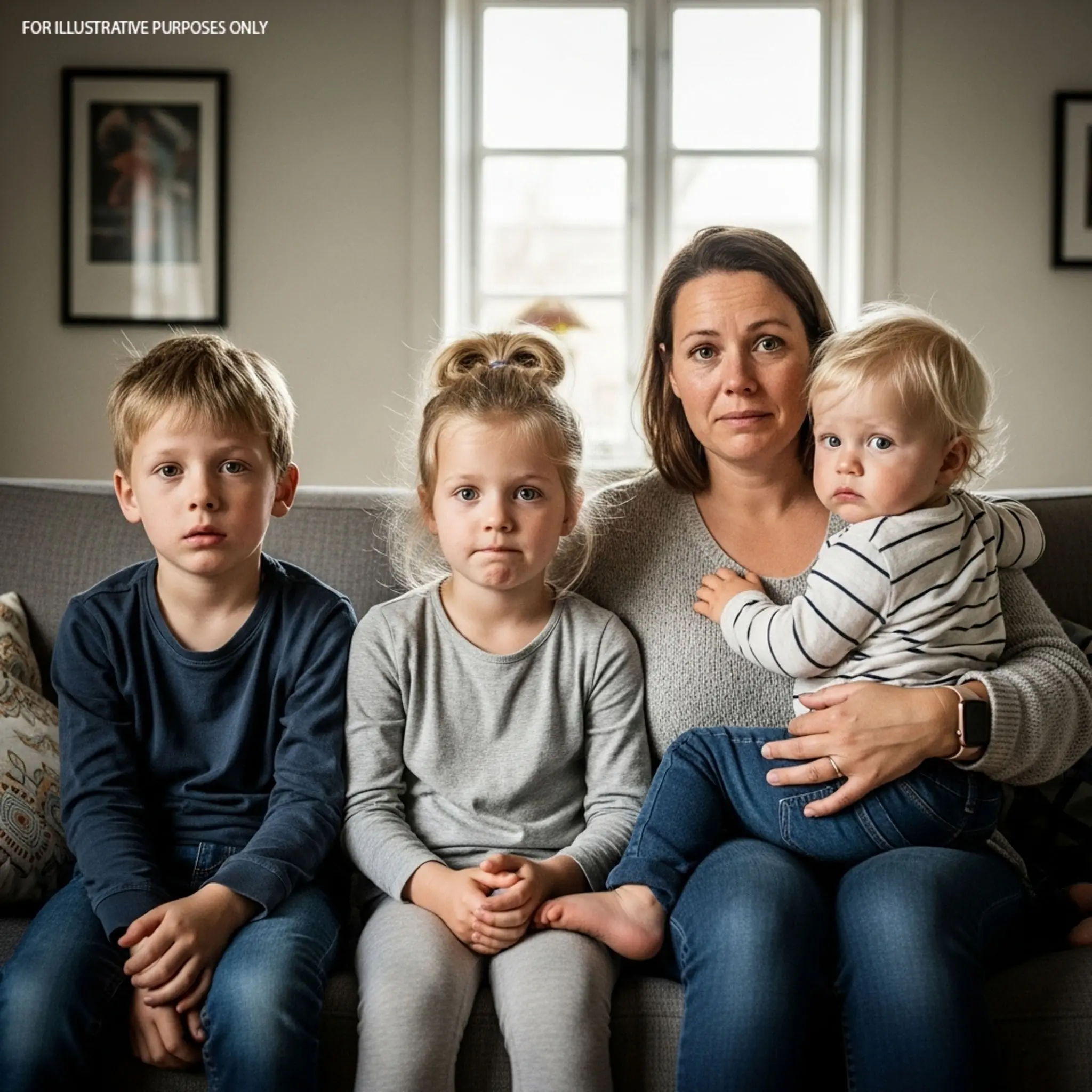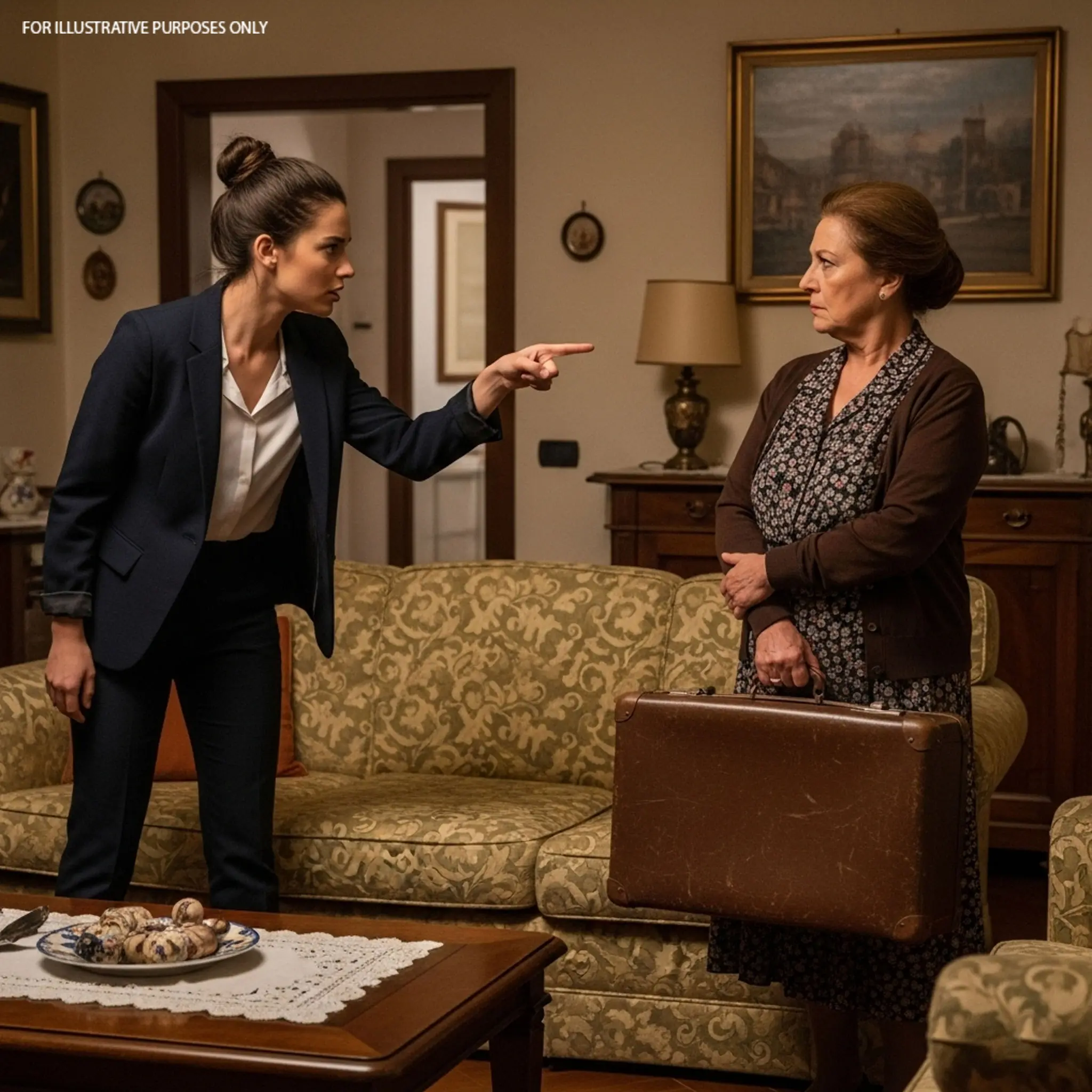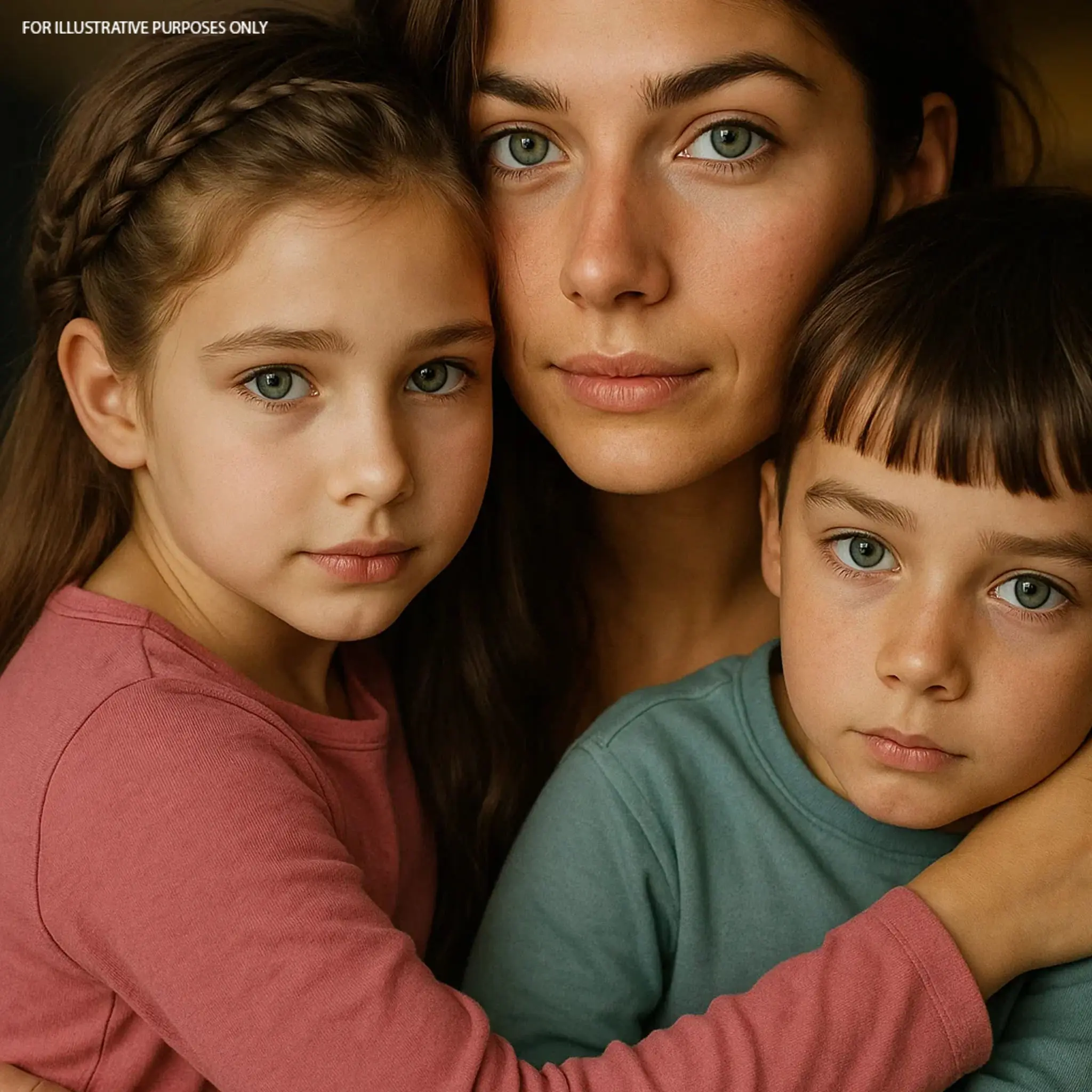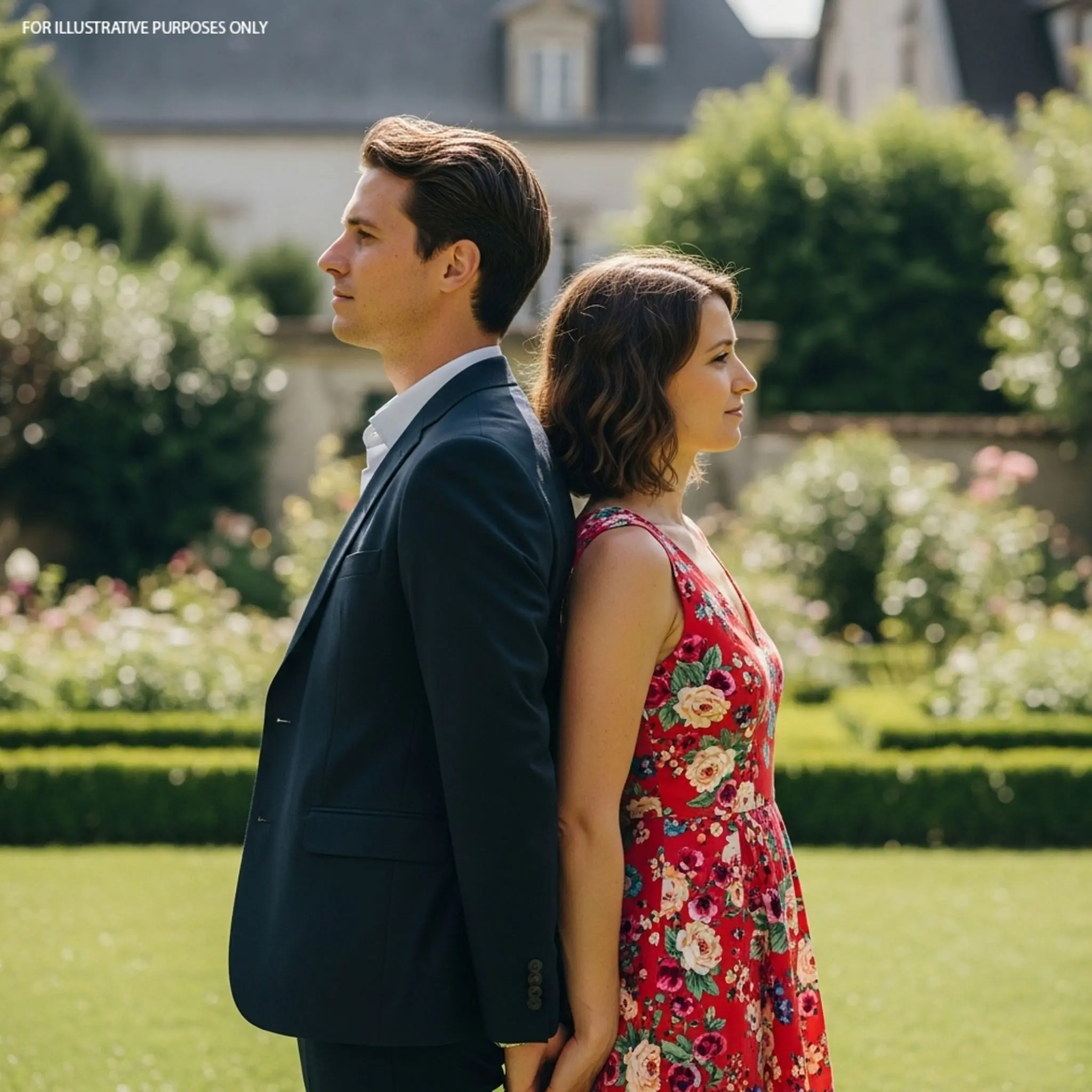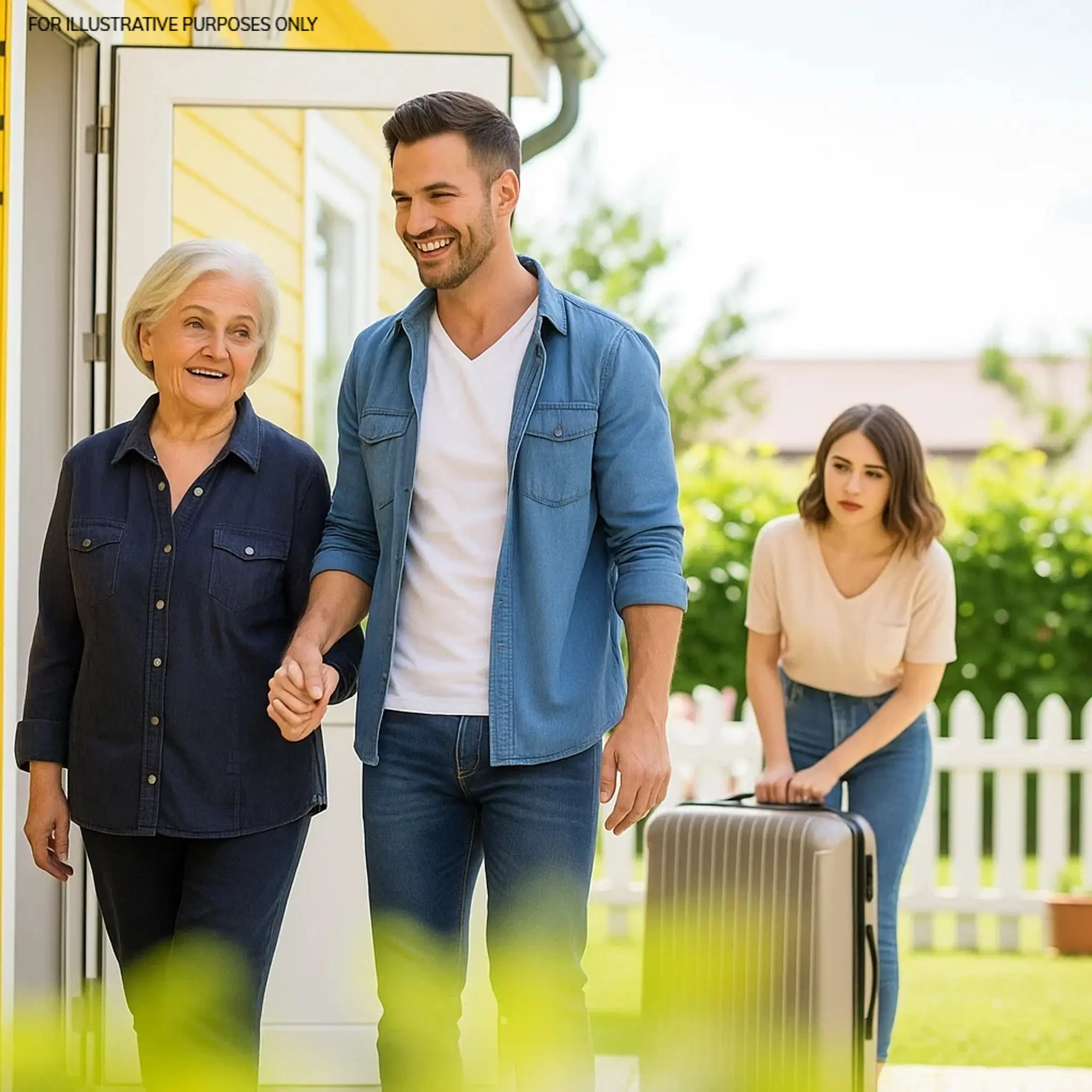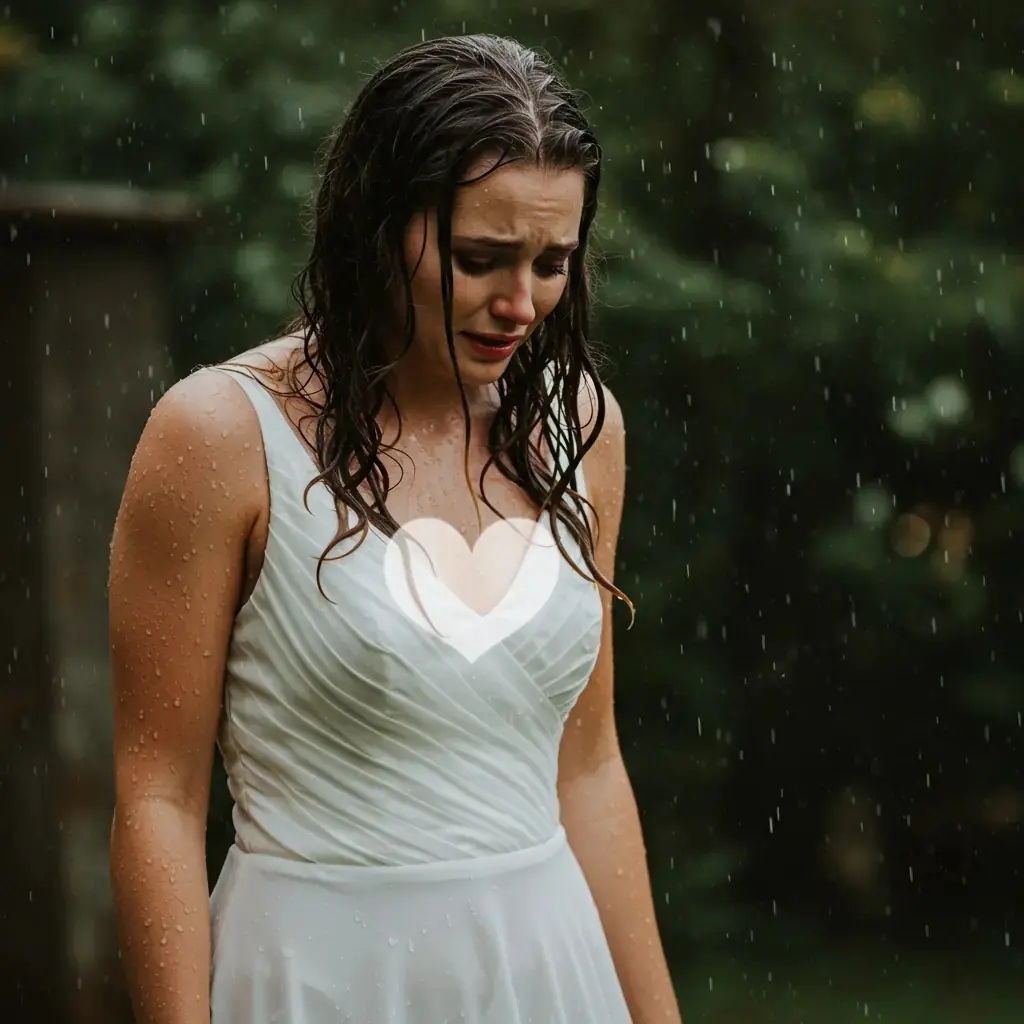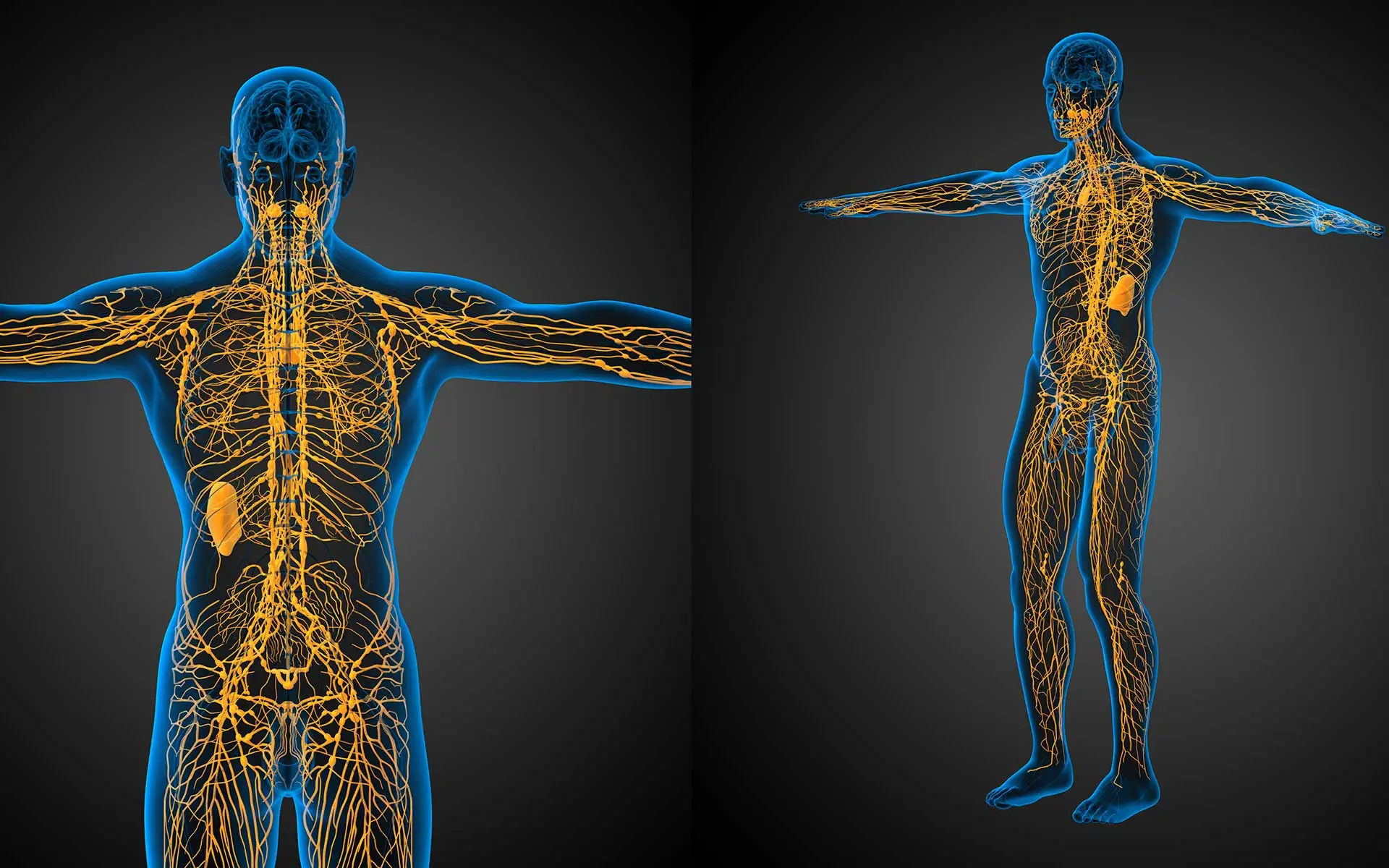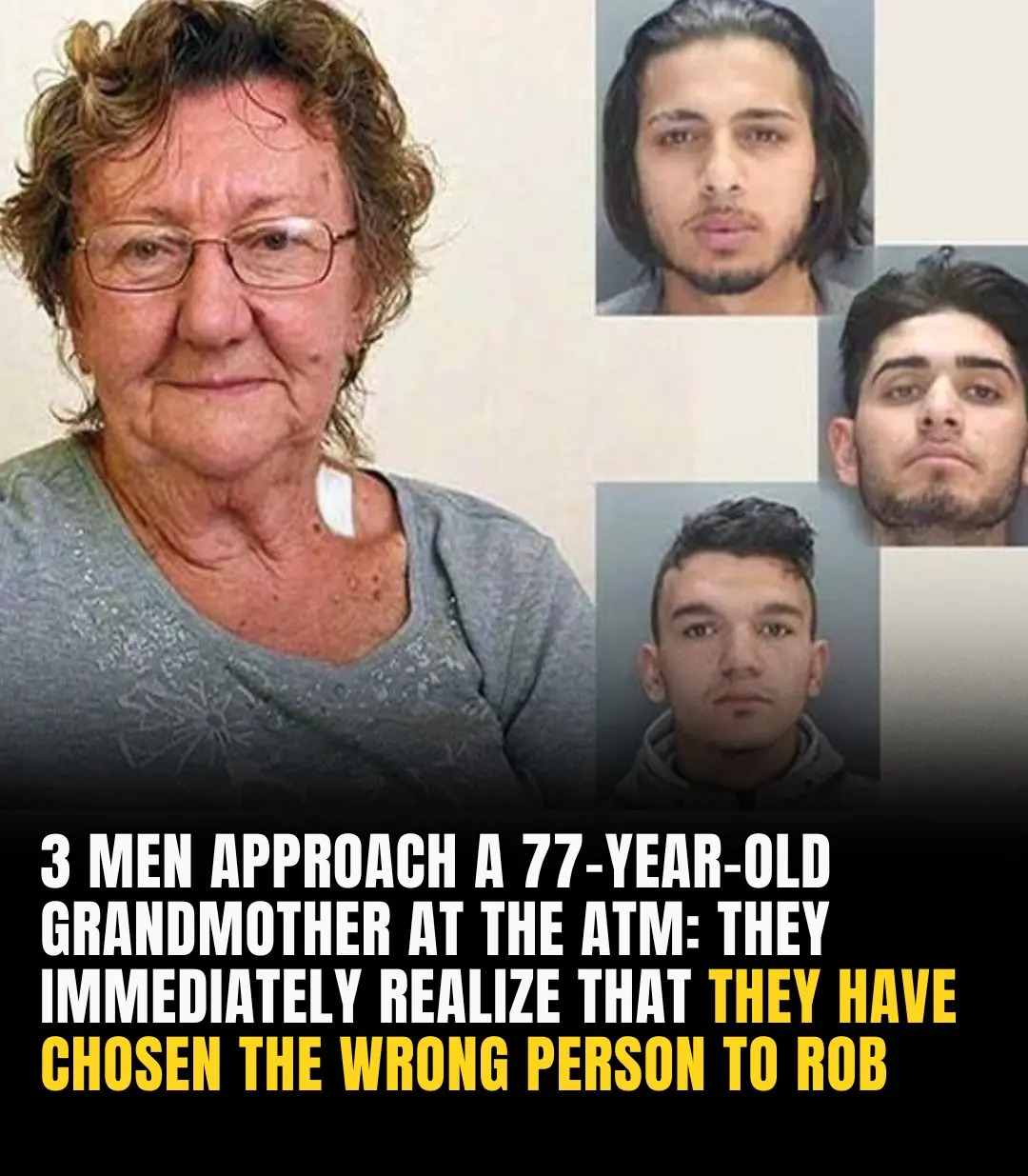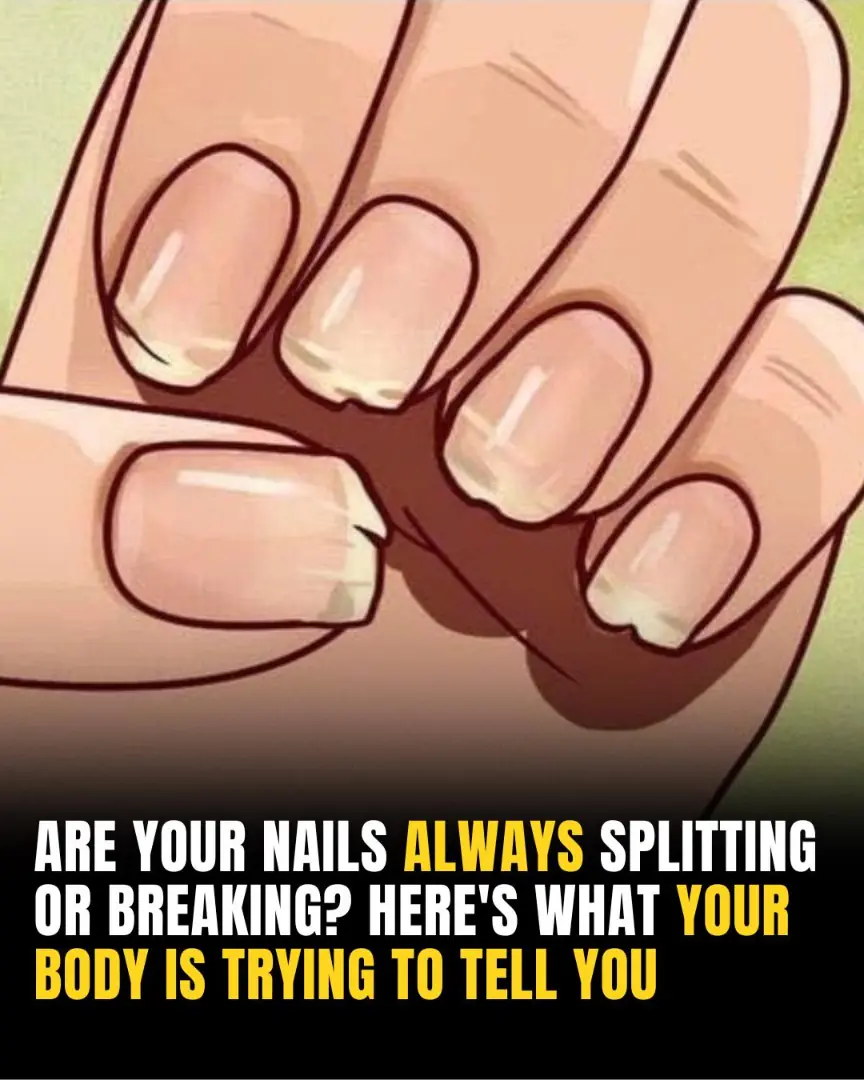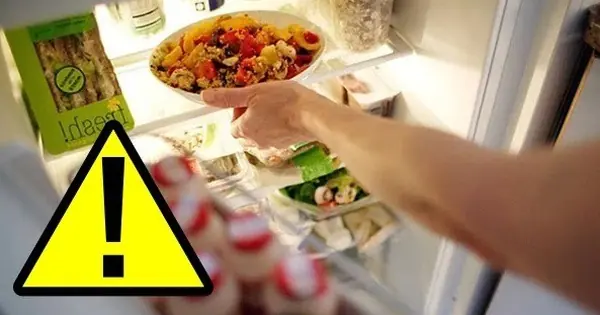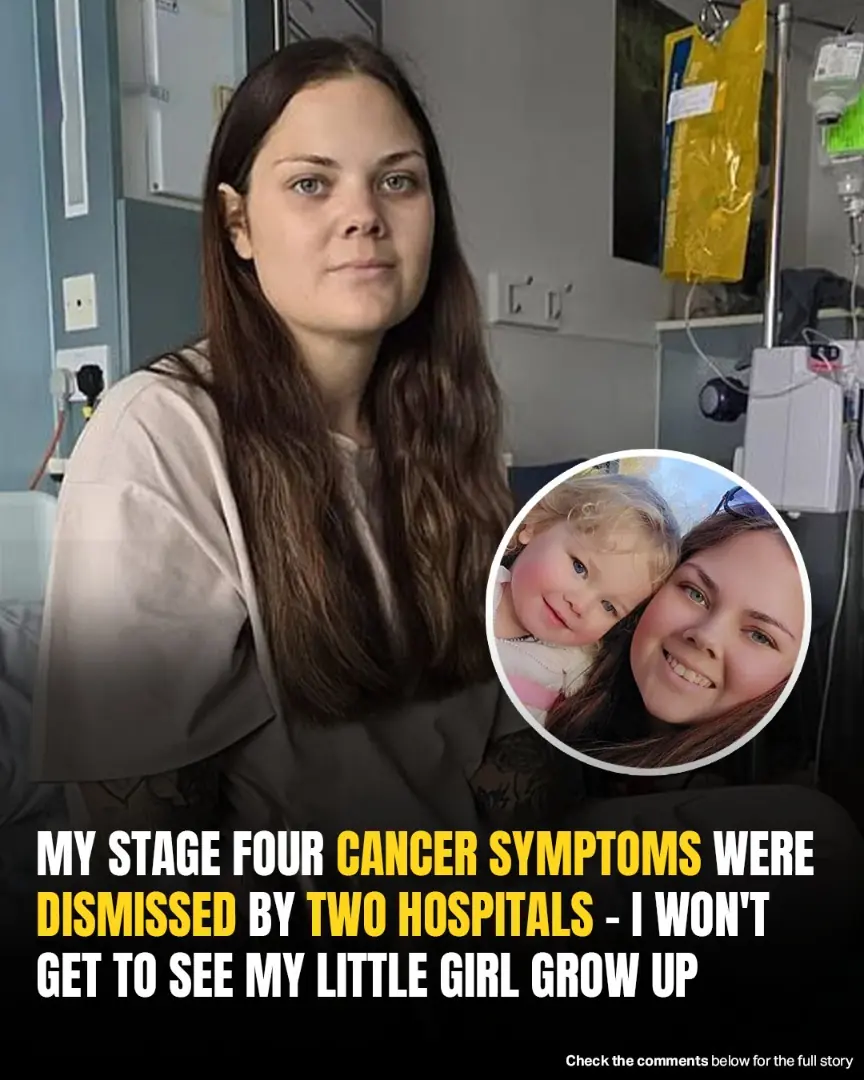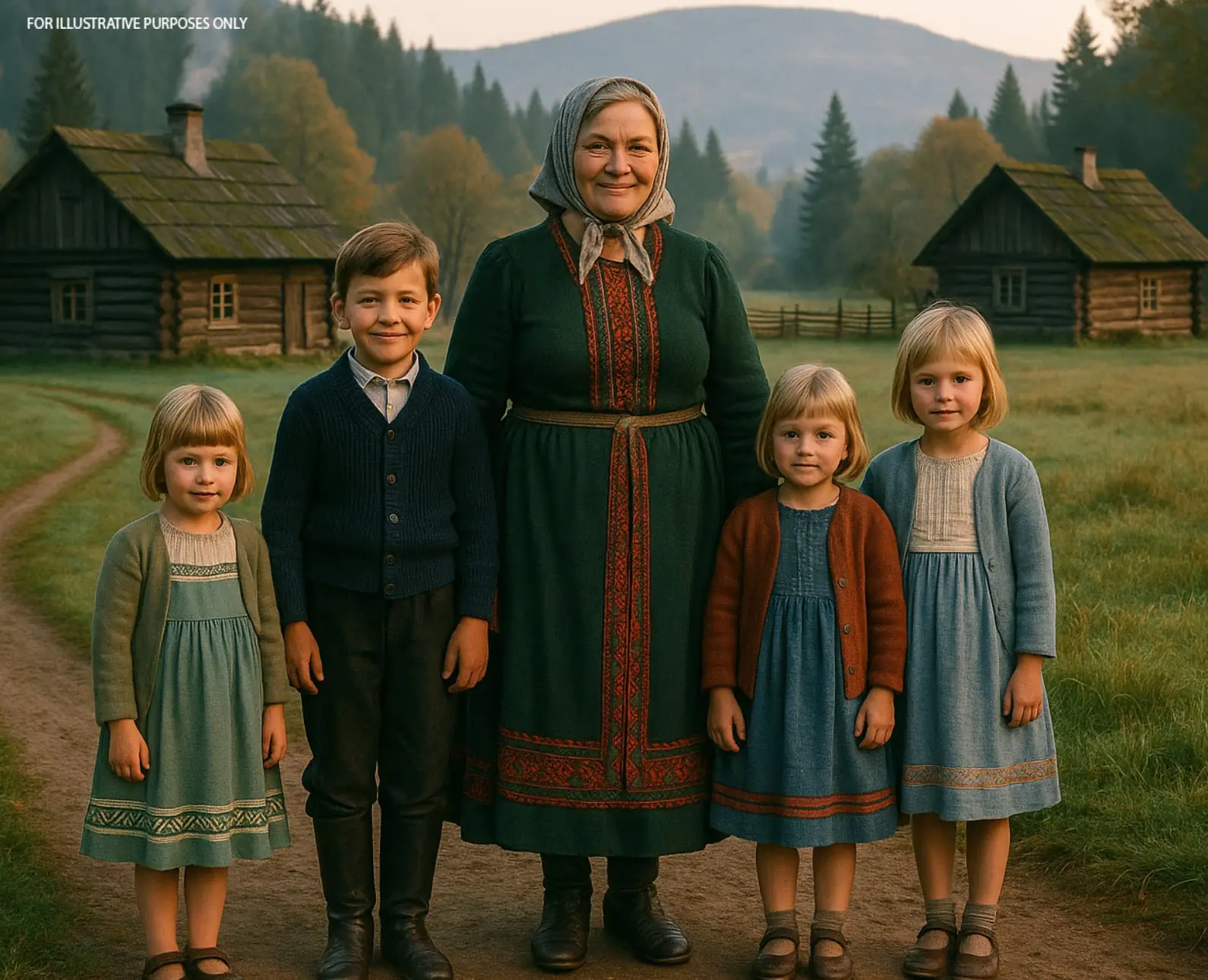In a small, family-run restaurant, a quiet afternoon is interrupted by a rude group of entitled tourists who insult the owner, Aurora's grandmother. What starts as an uncomfortable encounter quickly turns into a powerful lesson in grace and dignity. With
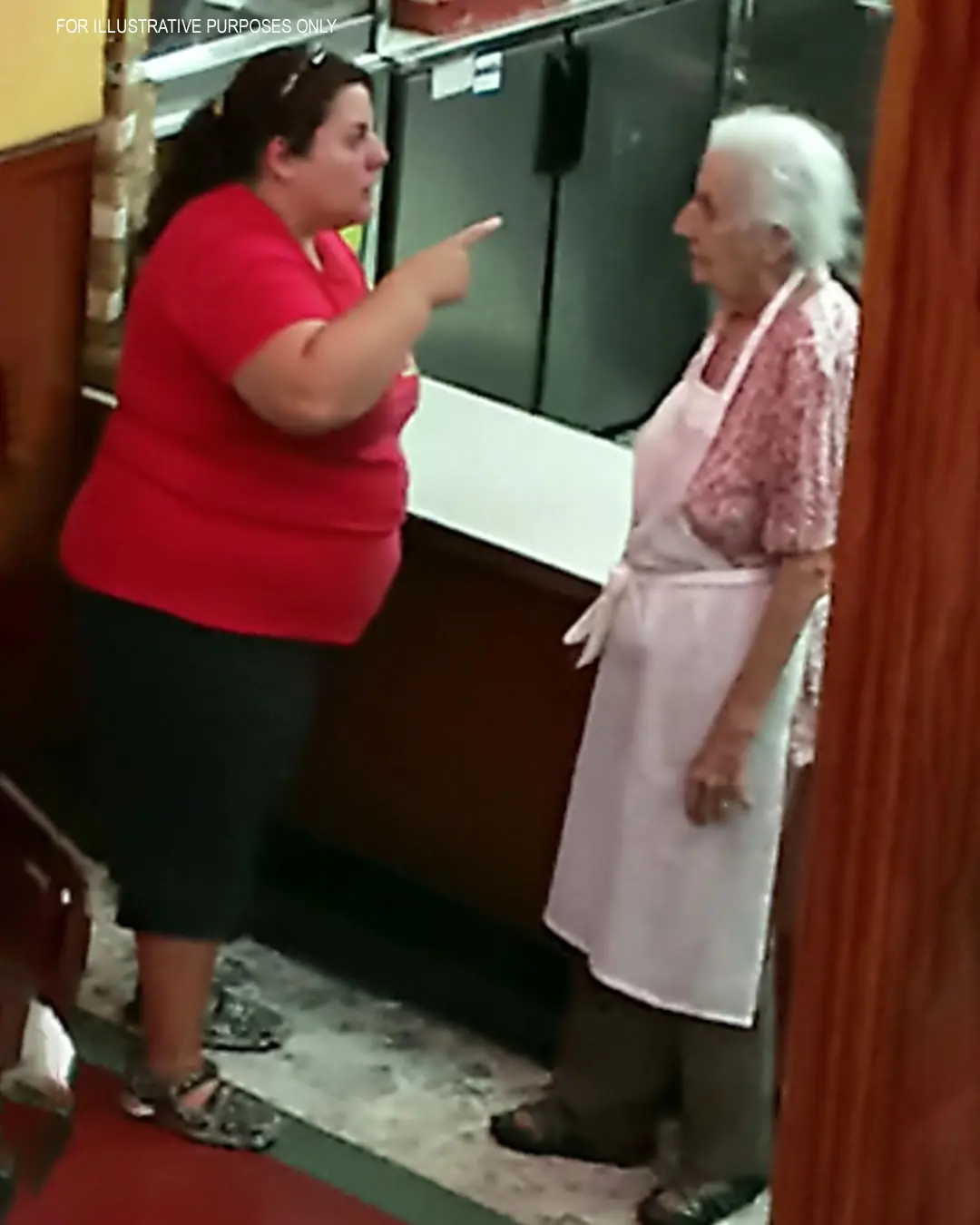
Some places stay with you, even when life tries to pull you away. For me, that place has always been my family’s trattoria, nestled in a quiet corner between sun-warmed stone streets, where the scent of rosemary and garlic lingers in the air.
It’s called Trattoria di Luce, named after my grandmother Lucia, who opened it at the age of 20 with my late grandfather. They built it from the ground up, with nothing but hard work and love. He laid the stones; she crafted the sauce. They poured their lives into the restaurant, sharing everything—joy, hardship, laughter, and sorrow.
When my grandfather passed away, Lucia didn’t stop. Even now, in her 70s, she wakes before dawn, ties on her apron, and prepares dough by heart. She greets every guest as though they’ve come home.
The trattoria isn’t just a place to eat; it’s alive. The walls hum with stories, and the tables carry memories from every generation. The aroma of fresh herbs and garlic is embedded in the very wood of the restaurant.
My grandmother knows her customers by name, their preferences, their families. She once fed half of the town by candlelight during a blackout, with bread she baked herself and the last of the tomatoes from her garden.
Growing up, I didn’t fully appreciate what it meant to belong to a place like this. All I knew was that the smell of simmering ragu on a Saturday could wipe away a bad week. Everyone who walked through our doors didn’t just leave full—they left seen.
That summer, I returned from university to help her. I thought I would just be bussing tables and preparing produce, but working alongside my grandmother reignited a part of me I hadn’t realized was fading.
It was the kind of summer you wish you could capture: warm air, full tables, the clink of glasses, and the sound of pasta forks twirling.
"You're a romantic like your grandfather, Aurora," Grandma told me when I mentioned wanting to bottle up the moments. "It’s a part of him I miss the most."
The trattoria was thriving, with locals lingering over tiramisu and tourists posing for photos with the chalkboard menu. We were in a smooth rhythm—until they arrived.
It was riposo time, our sacred midday break. It’s a tradition Grandma holds dear, even though some may see it as outdated.
"It’s tradition, Aurora," Grandma said. "Your grandfather swore by it, and so will I."
I knew she needed that break, but I also understood it was part of what kept her going.
The dining room was half-empty, the kitchen closed, and Grandma was sitting in a rocking chair behind the counter. Soft conversation hummed in the air, mingling with the clinking of ceramic cups and the citrusy smell from freshly mopped floors.
And then, the door flew open.
It slammed too hard, the sound cutting through the peaceful atmosphere like a jarring noise.
"Table for four. Now," barked a man in a sweat-stained polo shirt, his voice unnecessarily loud. He didn’t even look around, just stood there, already irritated.
My grandmother turned from the counter, her usual smile in place. She didn’t flinch. She didn’t show the slightest sign of stress.
"Hello! I’m afraid the kitchen is closed until dinner. We’d love to have you back later!"
"Excuse me?!" the woman behind him snapped. She had pushed her sunglasses to the top of her head and was flushed with the heat, her face showing entitlement. "We walked half a mile in this heat. We have kids! Feed us, lady. It’s not that hard."
It was like watching a storm form in fast motion. One of the kids immediately yanked on a cloth napkin, sending it fluttering to the floor. The other darted toward the kitchen.
I instinctively stepped forward, gently blocking the child's path.
"Hey, little one," I said, lowering my voice. "The kitchen’s not open right now."
But their father turned to my grandmother, his eyes narrowing, his lips twisted in a mocking smile.
"Can we at least get some real service?" he sneered. "Who even are you? The cleaning lady? You’re a bit old for this, don’t you think?"
My blood went cold. That line hit deep, and I felt it in every inch of me.
Grandma, who had just refilled the sugar bowl by hand and served meals to everyone from the mayor to the local priest, smiled and responded calmly.
"I'm the owner. It's my name on the door. Dinner service starts at seven."
There was no edge to her voice, no bitterness—just simple grace.
"This dusty old place is yours? That explains everything," the man laughed.
It wasn’t the words that stung. It was how he said "yours," as if the idea of a woman like my grandmother owning something of value was absurd.
Before I could speak, the woman marched up to a table, grabbed a menu, and threw it on the floor.
"This is ridiculous!" she shouted. "You can’t treat people like this! We’re paying customers! Just like everyone else that walks through these doors!"
The room held its breath.
A fork stopped midair. A coffee cup hovered in the air. Even the espresso machine behind me, which had been humming quietly, seemed to sigh into silence.
I felt the collective energy of everyone who had ever dined here, the regulars who had celebrated birthdays, mourned losses, and shared stories over a plate of food, rising together, silently.
From the corner, Marco, a familiar face from my childhood, stood. He adjusted his coat and buttoned it, though he didn’t move. He simply looked at the woman with steady eyes, then cleared his throat.
"Ma’am," he said, his voice firm but quiet. "This is a family establishment, please lower your voice."
The man spun around, his face contorted with anger.
"Mind your own business!" he snapped. "We’re on vacation. We know our rights. You can’t refuse us food!"
That line was misplaced. It echoed loudly in the calm atmosphere, like a slap in the face.
Big mistake.
Both officers at the corner table stood, and I hadn’t even noticed. Their expressions were unreadable, but their stance was unmistakable.
"Sir," said Officer David, the older one. "Your car’s parked across two handicapped spaces. We saw you park while we were drinking our coffee. You lied about walking here… We were about to address it."
"And on top of that," his partner added, "you’ve verbally assaulted this woman in her place of business. That’s disorderly conduct."
"Are you serious?" the woman scoffed, stepping back. "For this… this rundown restaurant?"
"Please come with us," Officer David said calmly. "We’ll sort this out at the station."
And just like that, they were escorted out, loudly protesting every step.
The children followed, confused and embarrassed, their voices now hushed, their energy gone. The door closed behind them with a finality that felt like the end of something we never wanted in the first place.
For a moment, silence filled the room.
Then, slow claps began. It wasn’t for spectacle. It was the kind of applause reserved for something real—something quiet, something powerful. It was gratitude without fanfare.
As the family left, the younger boy looked back, his eyes wide with remorse.
He smiled shyly and whispered, “Sorry, Grandma.”
My grandmother smiled softly, her eyes warm as always, and placed a wrapped biscotti in his palm.
"Here you go, son. For your journey."
After they left, Elena, one of our longest-standing regulars, walked up, kissed my grandmother’s hand, and said, "Some people don’t deserve your food, Lucia."
"I hope they find peace," Grandma chuckled, wiping her hands on her apron. "But not at my table."
Later that evening, as the last golden rays of light faded over the rooftops, and the scent of basil and garlic hung in the air, Officer David and his partner returned for dinner.
“Lucia, this is the best food we’ve ever had,” Officer David said with a smile, clinking his glass. "But today? The show was better."
Laughter filled the air again. The restaurant felt like itself once more, but something lingered in my chest—a quiet power that hadn’t been there before.
After closing up, I found Grandma sitting on the stone bench outside, overlooking the olive grove. She sat silently, watching the sunset fade into stars.
I walked over, bringing two cups of gelato. She took hers without saying a word, but her smile said everything.
We sat in silence for a while, listening to the cicadas and the soft breeze rustling through the olive branches.
"I'm sorry," I said, breaking the silence.
"For what, baby girl?" she asked gently, her spoon paused mid-air.
"For them. For the way they spoke to you. For thinking they could come in here and treat you like less than the pillar you are."
“Ah, Aurora,” she smiled. “Don’t carry shame that doesn’t belong to you.”
I nodded, though the lump in my throat still hadn’t disappeared.
"I just… I'm so proud of you. Of everything you've built. Sometimes I forget just how much you've done. How far this little place has come because of you."
She didn’t respond for a moment, then reached over and touched my wrist.
"And I’m proud of you, for standing tall. For protecting this place. For understanding that food is more than just about filling bellies. It's about dignity, love, and memory."
I looked up at the night sky, smiling.
"There's always a seat at the table, Aurora. Especially for those who deserve it."
In that moment, with the gelato melting in the evening air, I understood that what we serve is more than food. It’s legacy, love, and the quiet, unwavering strength of standing your ground with grace


